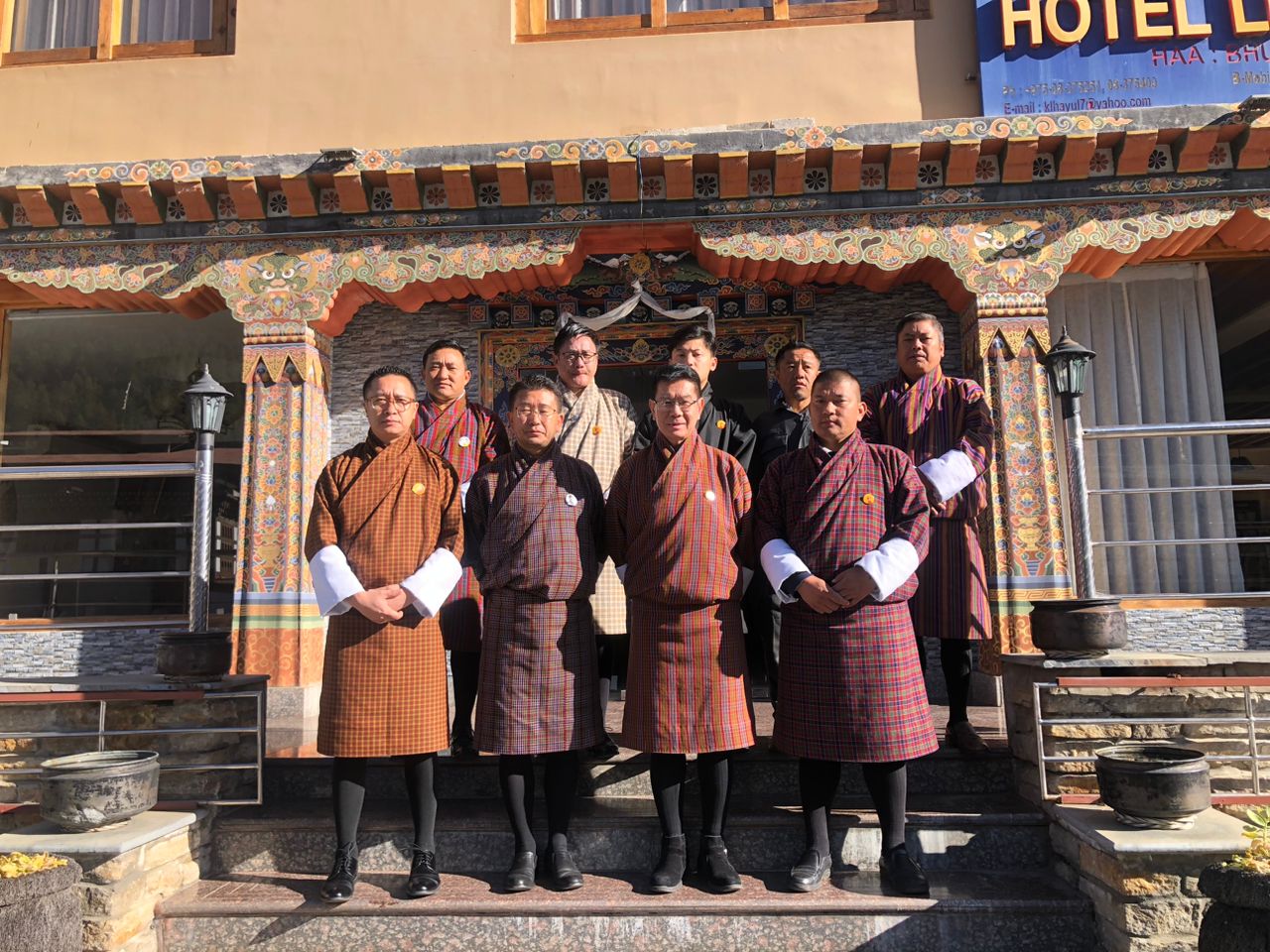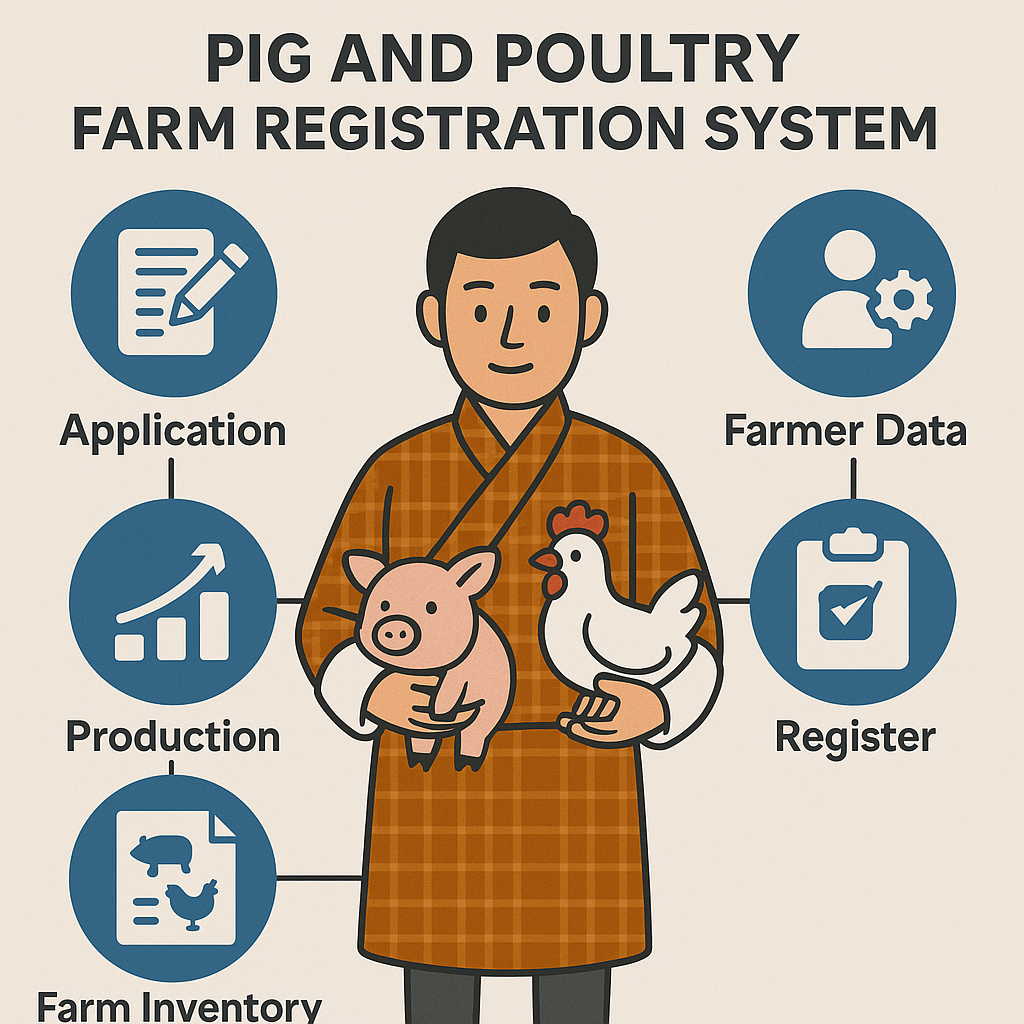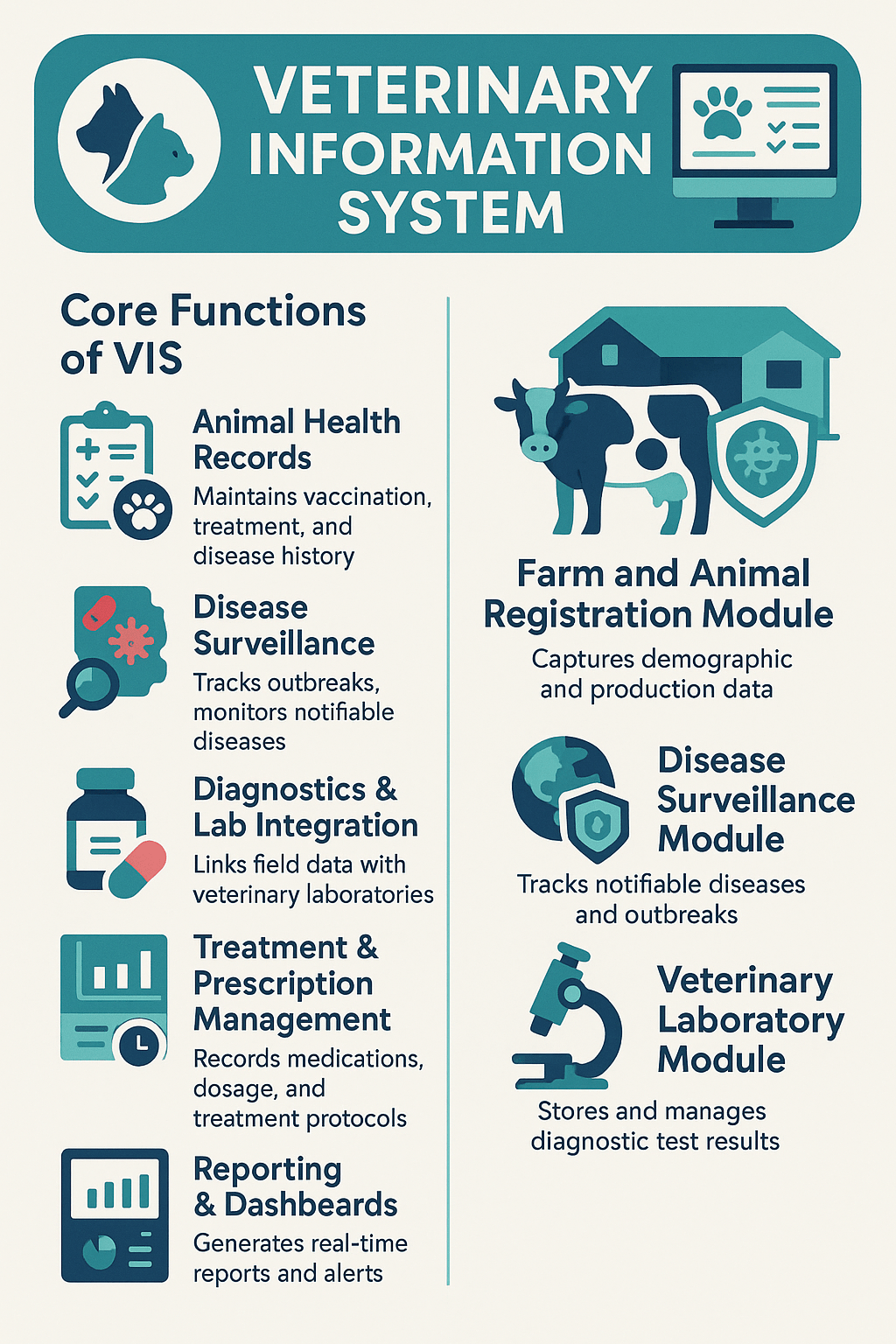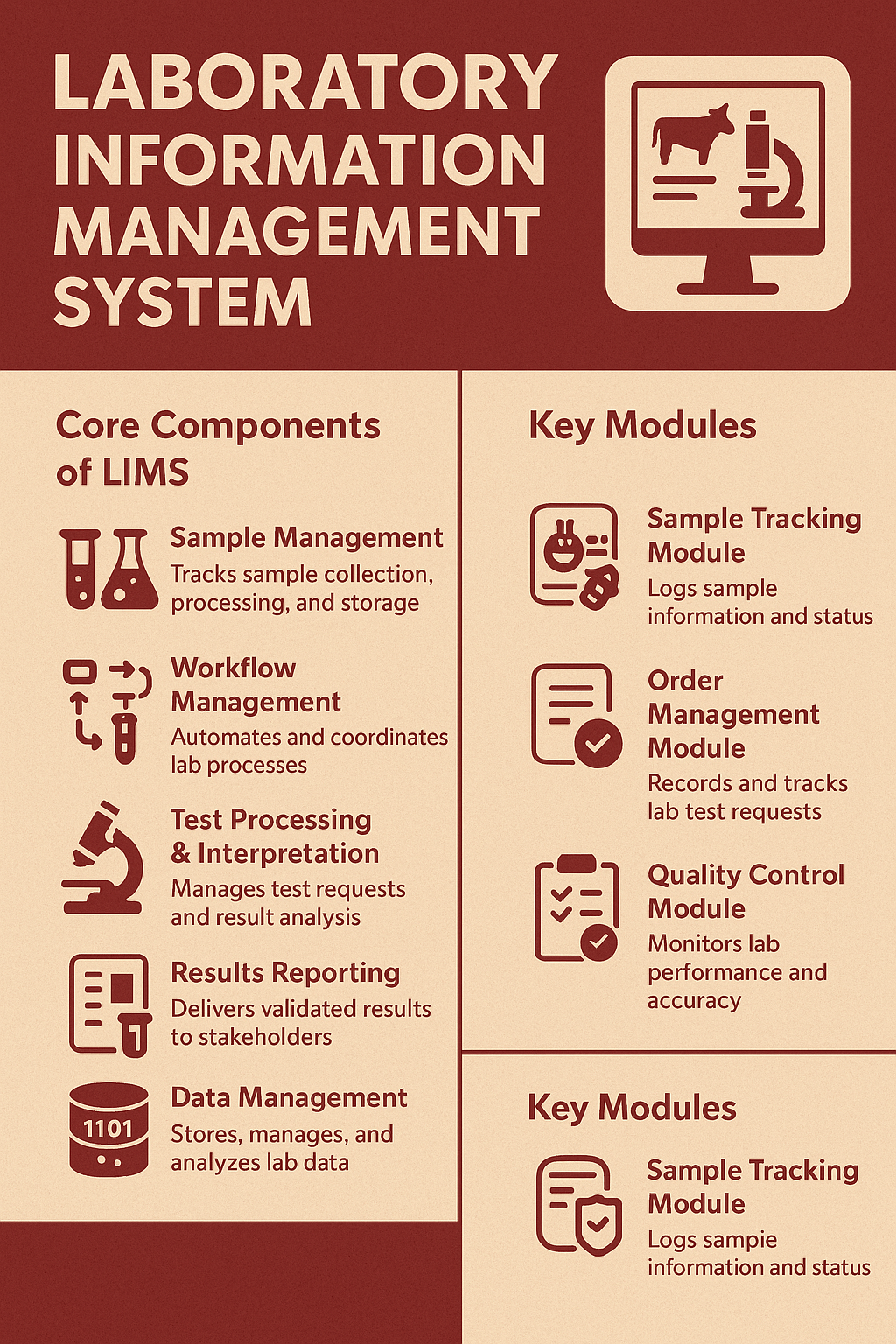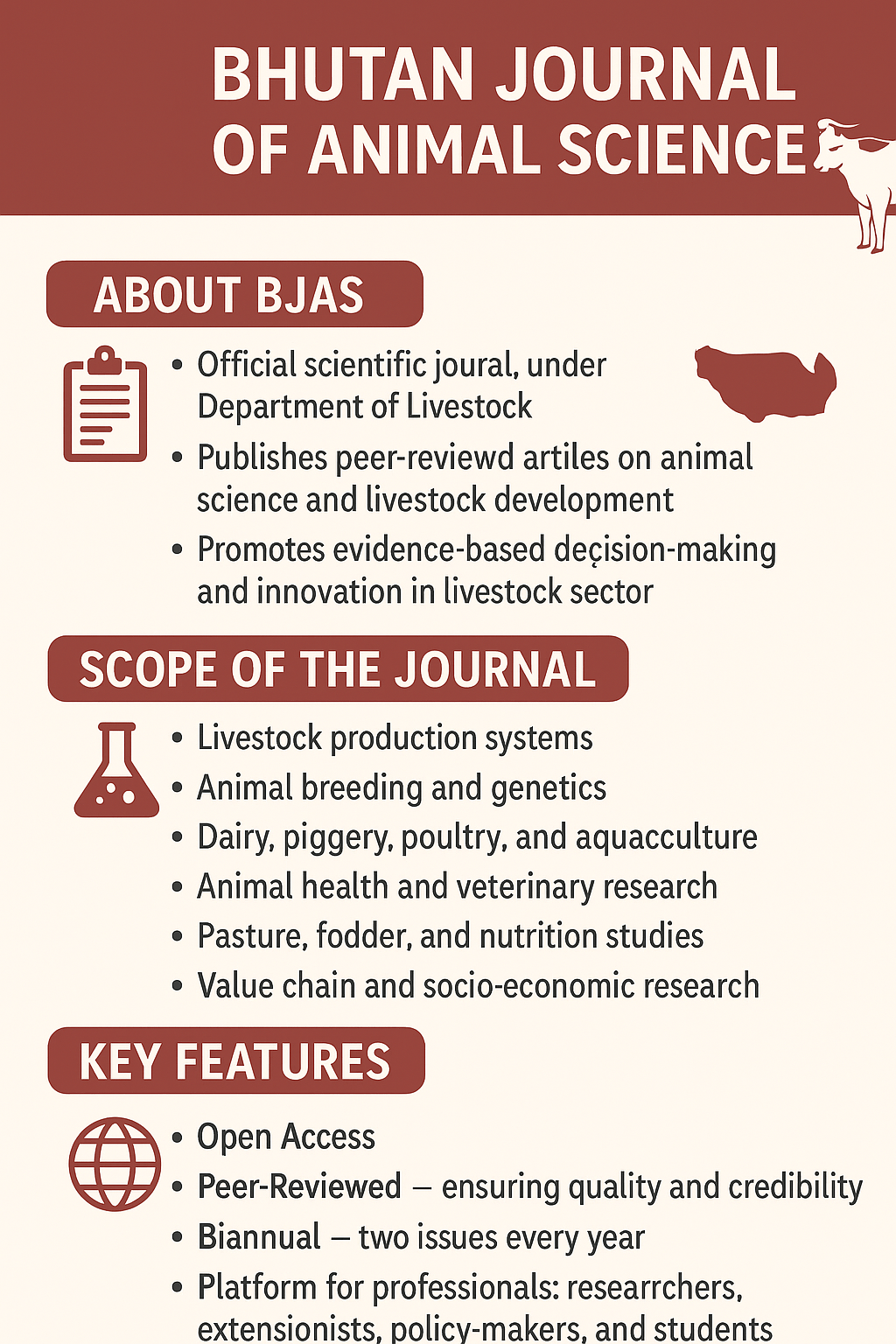A three day writeshop on the Rainbow Trout Production and Extension Manual is in progress in Haa from 8-10 December 2025. The workshop brings together technical officials from national aquaculture and fisheries centres to consolidate emerging standards for cold water aquaculture in Bhutan. The 13th Five Year Plan highlights diversification of the livestock sector, development of high value products, enhancement of rural incomes, and strengthening of climate responsive agricultural systems. Within this national framework, the Department of Livestock has identified aquaculture development as a strategic priority to expand domestic fish production, improve nutritional security, and create new income opportunities for rural communities. The manual is being developed to advance these priorities by providing clear technical guidance that can increase aquaculture outputs, strengthen technical services, and promote sustainable use of natural resources.


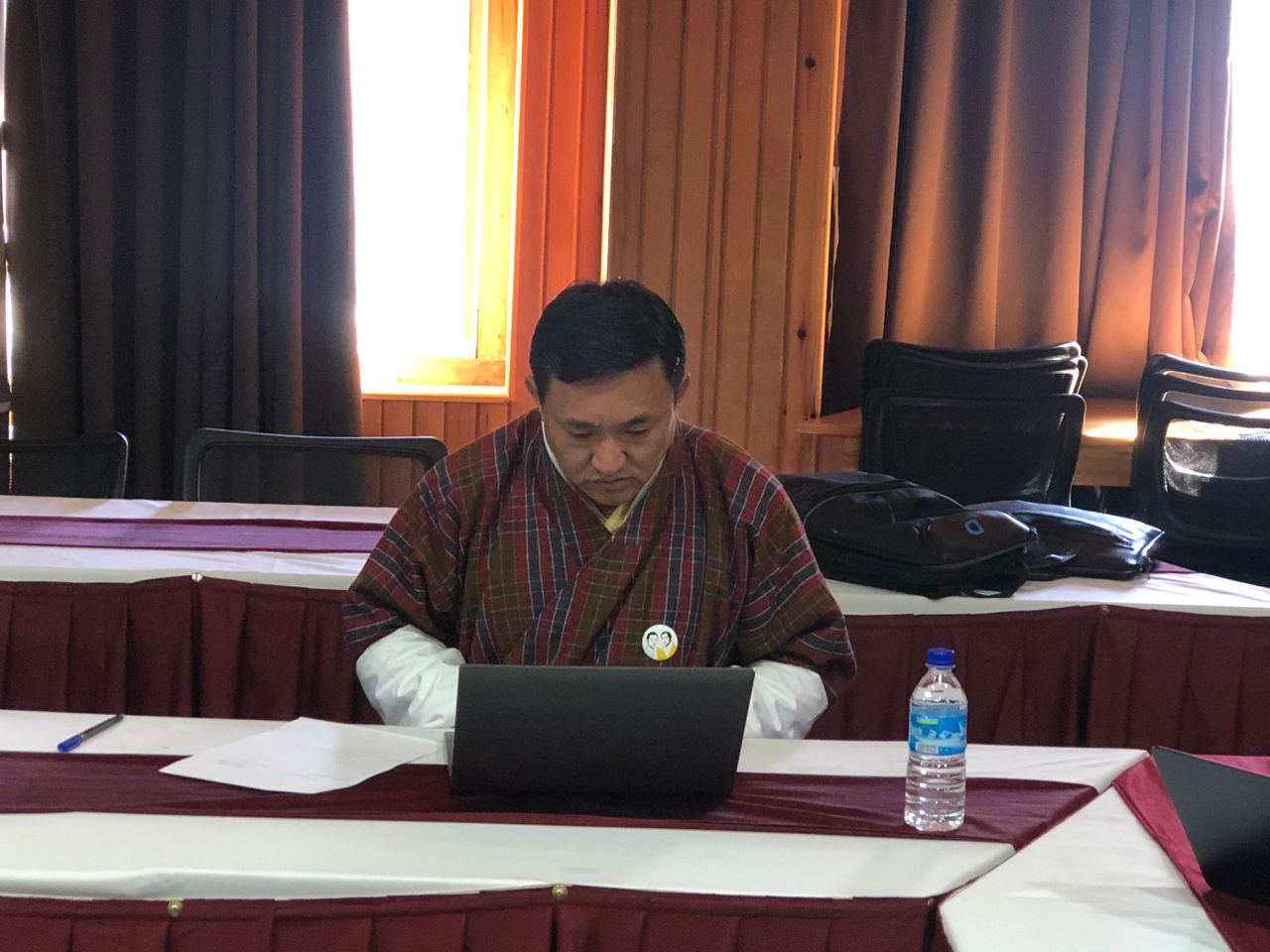
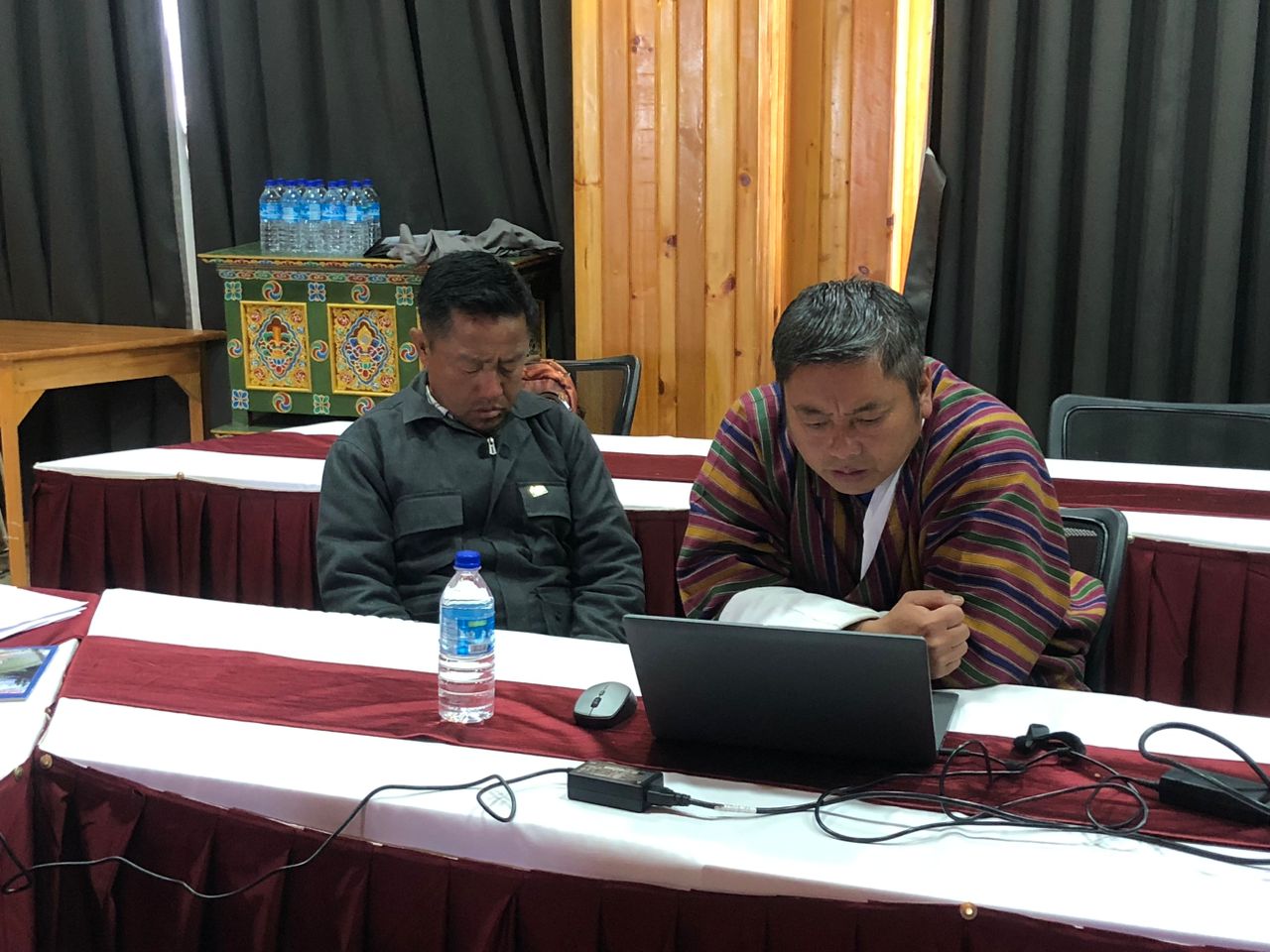
![]()

